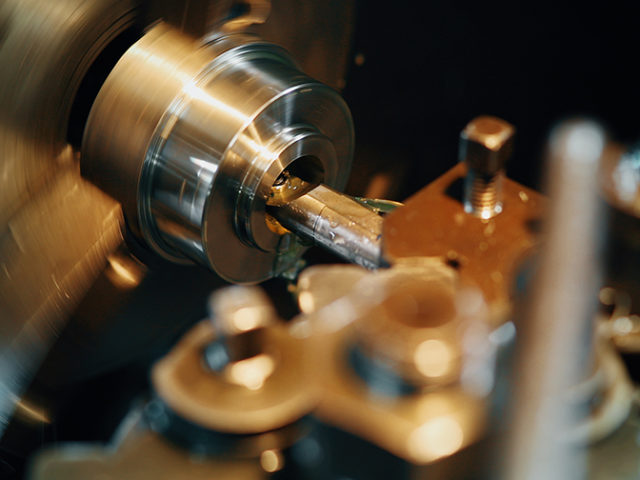Autonomous electric vehicles draw power from two sources: a high-voltage battery and, additionally, a conventional 12-volt battery that supplies the vehicle when idling or in high-load situations while driving. Safety-critical systems such as brakes and steering can therefore be connected to two sources of power.
But what happens when one of these has a fault – a short circuit, for example? In order to safeguard against total failure and thereby a potentially dangerous situation, researchers from the Fraunhofer Institute for Reliability and Microintegration IZM have joined with partners on the HiBord project to develop an electronic disconnect device that is able to isolate any such faults in vehicle electrical systems. This module has already been successfully tested in a BMW i3.
In an optimistic assessment, the German motoring organization ADAC predicts that by 2050 as many as 70 percent of all new vehicles will feature technology that frees drivers to devote themselves to other tasks while driving on the highway. Yet critics are concerned by a number of unresolved questions. Will an automatic system remain reliable in the event of an emergency, and what happens if it breaks down due to the propagation of a short circuit?
Source: “A new electronic module safeguards self-driving vehicles against the total failure of onboard electrical systems”, Fraunhofer Institute for Integrated Systems and Device Technology IISB




